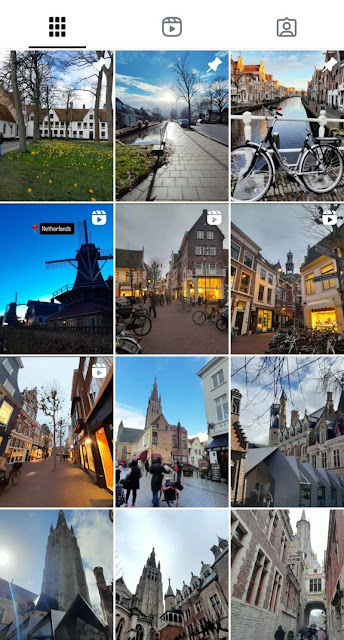Like there is no tomorrow, it's amusing to think of a generation that thought of being modern enough to rush and claim the title of “Modern”, ranging from modern art to modern architecture, to modern history, and whatnot; and likewise, generation X, Y, Z, until there is no alphabet left.
Not to their surprise, every time when mankind thought they reached the pinnacle of socio-technological revolution, the height of intellect and the best of lifestyle and prosperity that money could bring; there came a new revolution in one sphere or another, say technological or collective consciousness, to challenge their much deliberated and beloved conclusion; to inevitably reshape the landscape – say, like what we see today with the advent of AI which seems to be disrupting every walk of life, in a way no one thought of a few years ago.
Not to forget that most of such “modern” movements found their origin and reasoning, either in retaliation to the inefficient preceding socio-economic system or remain rooted in the ambition to bring a new fair, just, and equal socio-economic order - the quest continues.
Given that every historical period remains modern in its unique context, every generation should remain humble and receptive to what the future beholds, and not lose sight of the ultimate outcome that is envisaged - with whatever tools and whatever means they have at their disposal in their vernacular period - that is, to strive for a fair, just, and equal socio-economic order; enabled through tech, or without.
Whether modern enough or not, today we do have signs already that AI for instance, will be a catalyst to achieve such desired socio-economic order, much faster, in the coming years, the way it is making the world a level playfield - by empowering individuals, small businesses and smaller communities for instance with resources (e.g. AI tools) which they previously didn’t have access to; as well as democratizing the knowledge by enabling wider and deeper access to knowledge unlike ever in history (e.g. LLM), among others.
The impact of AI and its results are likely to be seen on many fronts, from cities making mindful choices amidst scarce resources, to citizens taking the right actions since being able to understand the impact of the choices they make, beforehand. New Fintech, Agritech, MedTech, Social-tech etc. powered by AI will be able to help those, who need the help most, in unprecedented ways - not only relying on traditional channels of charity, philanthropy, or grants and subsidies, but essentially by empowering them at the grassroots level; hence paving a faster way to a fair, just, and equal socio-economic system.
Interesting times indeed!
Author: Anoop Jha
Founder, Urban Tenets, Netherlands
https://urbantenets.nl/

.jpg)
